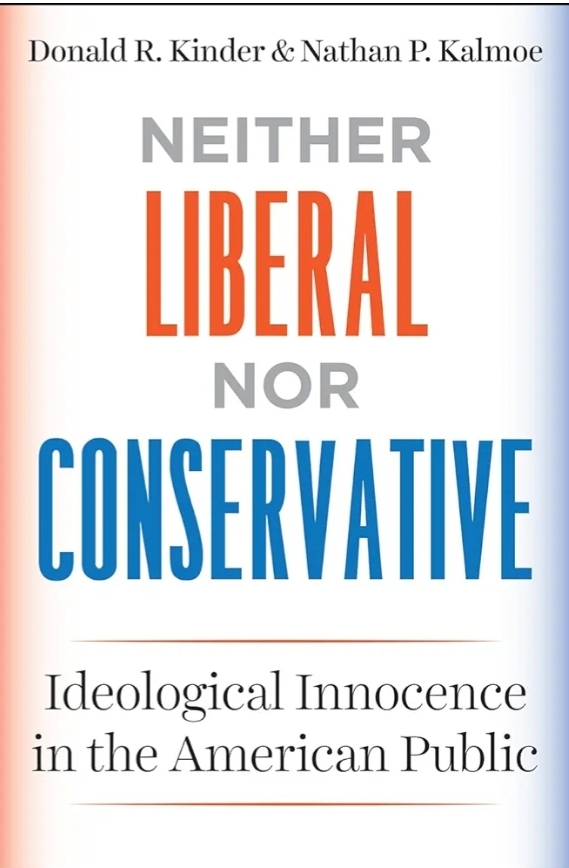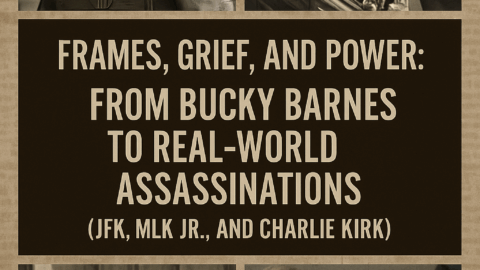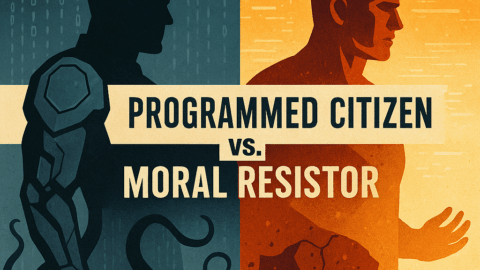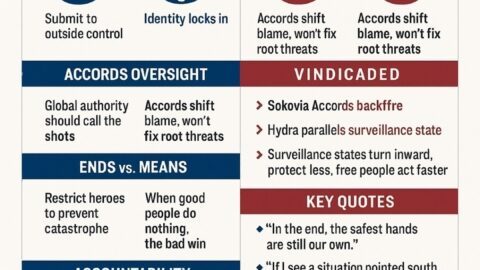Donald R. Kinder and Nathan P. Kalmoe‘s Neither Liberal nor Conservative: Ideological Innocence in the American Public is a scholarly exploration of the ideological beliefs of the American public. The authors argue that despite the widespread assumption that Americans hold firm liberal or conservative views, many citizens are actually ideologically innocent—meaning that they don’t hold consistent or coherent ideological positions.
Key Themes and Concepts:
- Ideological Innocence: Kinder and Kalmoe challenge the common belief that most Americans have well-formed, consistent ideological identities as either liberal or conservative. Through empirical research, they find that many Americans do not understand or align with political ideologies in a clear-cut way. Instead, their political preferences are often based on group loyalties, emotions, or the influence of political elites, rather than a coherent set of beliefs.
- Lack of Ideological Consistency: The book reveals that even when people claim to be liberal or conservative, their views on specific issues often do not align with these labels. Many Americans hold contradictory views that don’t fit neatly into the traditional ideological spectrum.
- Role of Elites and Media: The authors argue that political elites and the media play a significant role in shaping public opinion. Rather than the public arriving at independent ideological conclusions, they often adopt the positions of political leaders or media figures they trust. This top-down model shows that citizens may support policies without fully understanding or endorsing the underlying ideological principles.
- Group Identity Over Ideology: Kinder and Kalmoe suggest that group identity (such as race, religion, or class) often trumps ideology in shaping political views. People align with political parties or movements based on their identity and sense of belonging to a particular group rather than a deep understanding of ideological principles.
- Historical and Modern Evidence: The authors use data from historical surveys and modern public opinion research to support their claims. They analyze shifts in American public opinion over time, showing that ideological innocence has been a long-standing feature of U.S. politics, rather than a recent development.
- Implications for Democracy: The book explores the implications of ideological innocence for the republic, questioning how democratic a system can be if most citizens are not informed or committed to coherent political ideologies. It raises concerns about the effectiveness of democratic decision-making when public opinion is so easily influenced by elites and is not grounded in ideological understanding.
Neither Liberal nor Conservative: Ideological Innocence in the American Public provides a compelling argument that many Americans do not hold consistent liberal or conservative views, challenging traditional assumptions about public ideology in the U.S. Kinder and Kalmoe’s research highlights the role of elites, media, and group identities in shaping political preferences, suggesting that many citizens are ideologically innocent. This book is an important read for those interested in understanding the complexities of public opinion, voting behavior, and the nature of political ideologies in the American Republic.







